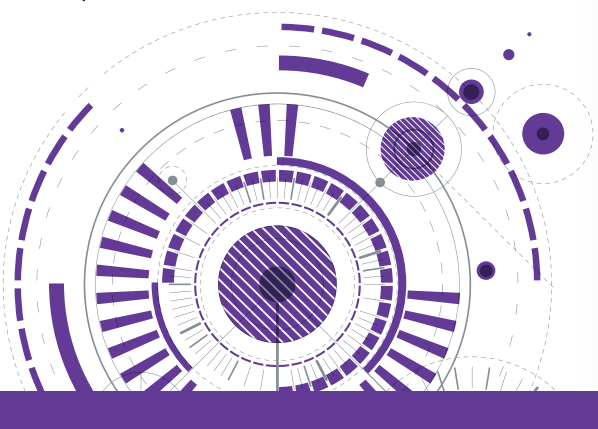The future of funding and commissioning
29 May 2018 12:02 PM
We’re excited to continue our partnership with Dr Toby Lowe (Newcastle University Business School) to launch a new phase of work supported by the Big Lottery Fund exploring what it takes to adopt complexity-informed funding and commissioning approaches in practice.
There’s been a huge amount of interest in our A Whole New World report published in May 2017 — from funders, commissioners, charities and community organisations, all united in the conviction that there must be a different way of managing resources that better respond to the complex reality of people’s lives. Now it’s time to explore how people are putting the emerging principles of funding and commissioning in complexity into practice and what they need to make this happen.
The key priorities for people and organisations eager to work in a complexity-informed way are summed up well by two phrases we heard:
- “I’ve got nothing to refer to” – people identified that the report has been helpful in opening up new ways of thinking, or giving more coherence and legitimacy to approaches they were already contemplating or beginning to adopt. But as examples of complexity-informed ways of working are currently few and far between, there’s very little ‘know how’ to draw on for those wanting to develop new practices themselves. People are eager to know more about examples from elsewhere, including what complexity-informed approaches can look like, and insights into how others have grappled with issues from culture to accountability.
- “We need to come together be collectively brave” — people we interviewed as part of the initial report and have spoken to since identified that it can be daunting, and sometimes scary and isolating, to develop new approaches that often clash with established mindsets, behaviours and processes. There is a strong appetite for exploring solutions and sharing learning with peers to both inspire thinking and provide crucial moral support when things get tough.

This is partly a question of beginning to develop understanding of what complexity-informed practice looks like. There is no standardised approach or one-size fits all solution when it comes to working in a more human, systemic, adaptive way. But the key issues and considerations (e.g. co-production, culture, leadership, new models of accountability) are often relevant across contexts, and there are approaches, principles and behaviours that can translate from one place to another to inspire practice elsewhere, not least by helping creating new ‘mental models’ that show things can be done differently.
Developing understanding of what a new way of working can look like alone is not enough. As the call for being “collectively brave” highlights, the process of adopting complexity-informed approaches is typically a difficult one — often requiring people and organisations to fundamentally challenge long-held beliefs, mindsets, and practices. This makes the question of how change in funding and commissioning approaches happen, and what people need to be able to do this (including the role of collective learning and action), an important one.
Our next phase of work, supported by a development grant from the Big Lottery Fund aims to make some initial progress towards answering these two big questions. This will be underpinned by a strong focus on what a new more productive relationship with citizens can look like, and what it takes to do this. Complexity-informed approaches can’t be developed by funders and commissioners working in isolation — it requires fundamentally changing how they work together with and shift greater power to organisations that work with local people, and people themselves.
Working with local host organisations, we will be bringing together funders, commissioners and delivery organisations in three locations across the UK to enable them to explore and learn together how they can work in more complexity-informed ways. The learning communities will enable people to:
- learn about emerging knowledge and practice from elsewhere (locally and nationally);
- reflect on their own experiences and draw on insights from others to identify opportunities to change their own practice;
- be ‘collectively brave’ with peers in developing, testing and sharing new approaches.
Throughout, we’ll be capturing insights that emerge, from the practical issues discussed, to the journeys of change people (funders, commissioners, delivery organisations, citizens) experience. Developing effective learning communities and changing practice takes considerable time and our initial phase of work over 6–9 months can only hope to begin to make a small but we hope, valuable, contribution to supporting change in three locations, and developing understanding of what it takes. We’ll share our findings throughout, including developing resources and synthesising what we’ve all learnt.
This work will draw on and inform wider long term action research by Toby and colleagues at Newcastle University Business School (funded by the Tudor Trust) and the development of a digital platform to support sharing of learning by Open Lab.
Watch out for another blog soon introducing the locations we’ll be working with during the development phase. If you’re not already, sign up to our complexity mailing list — we’ll be engaging with members throughout to shape what we do and how we share what we’re learning.
To find out more contact Christine Elliot
Sign up to Collaborate’s newsletter here.